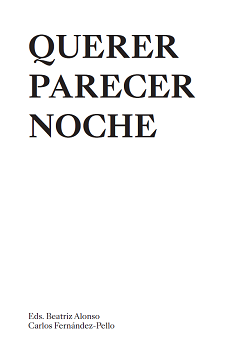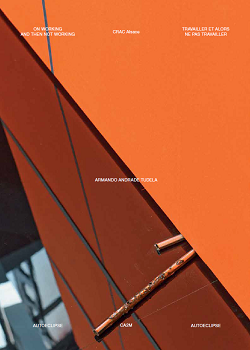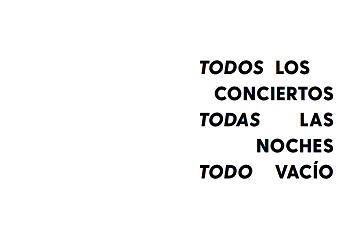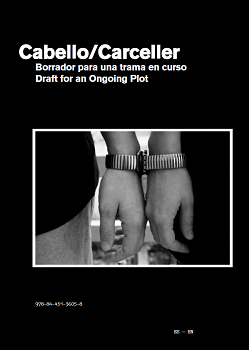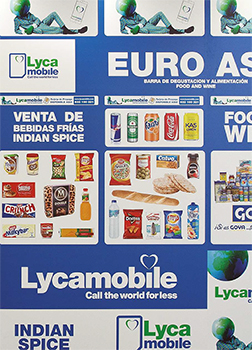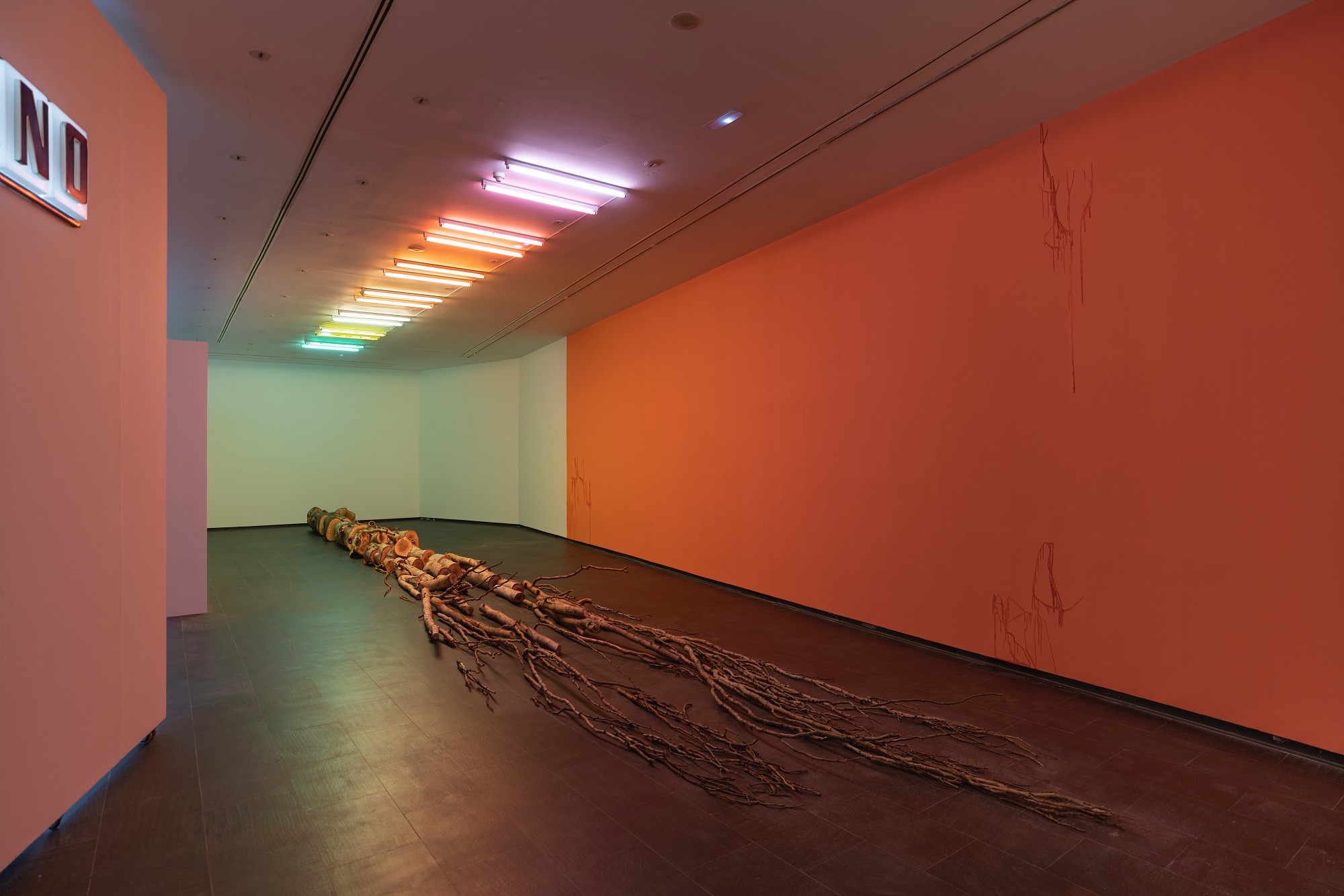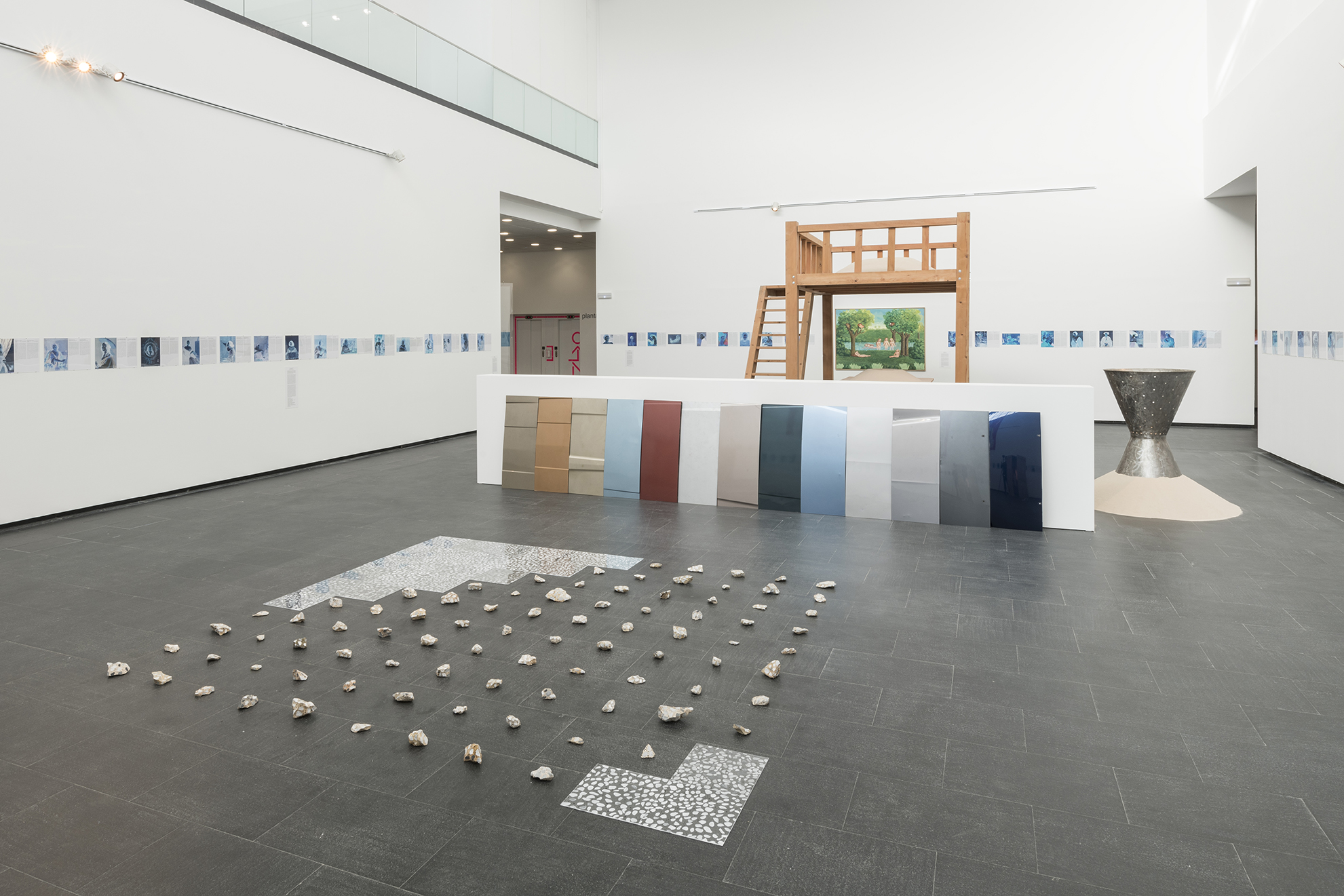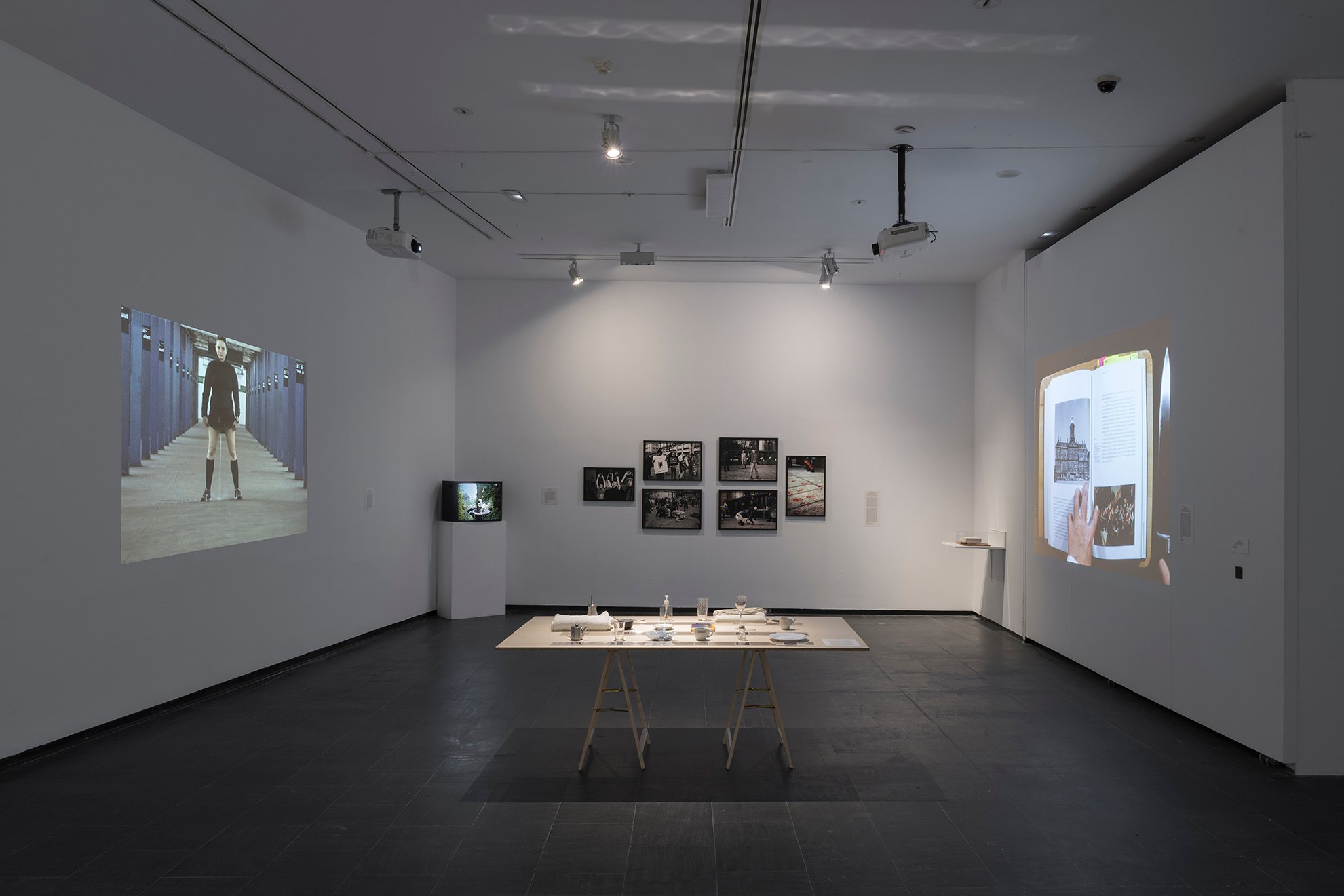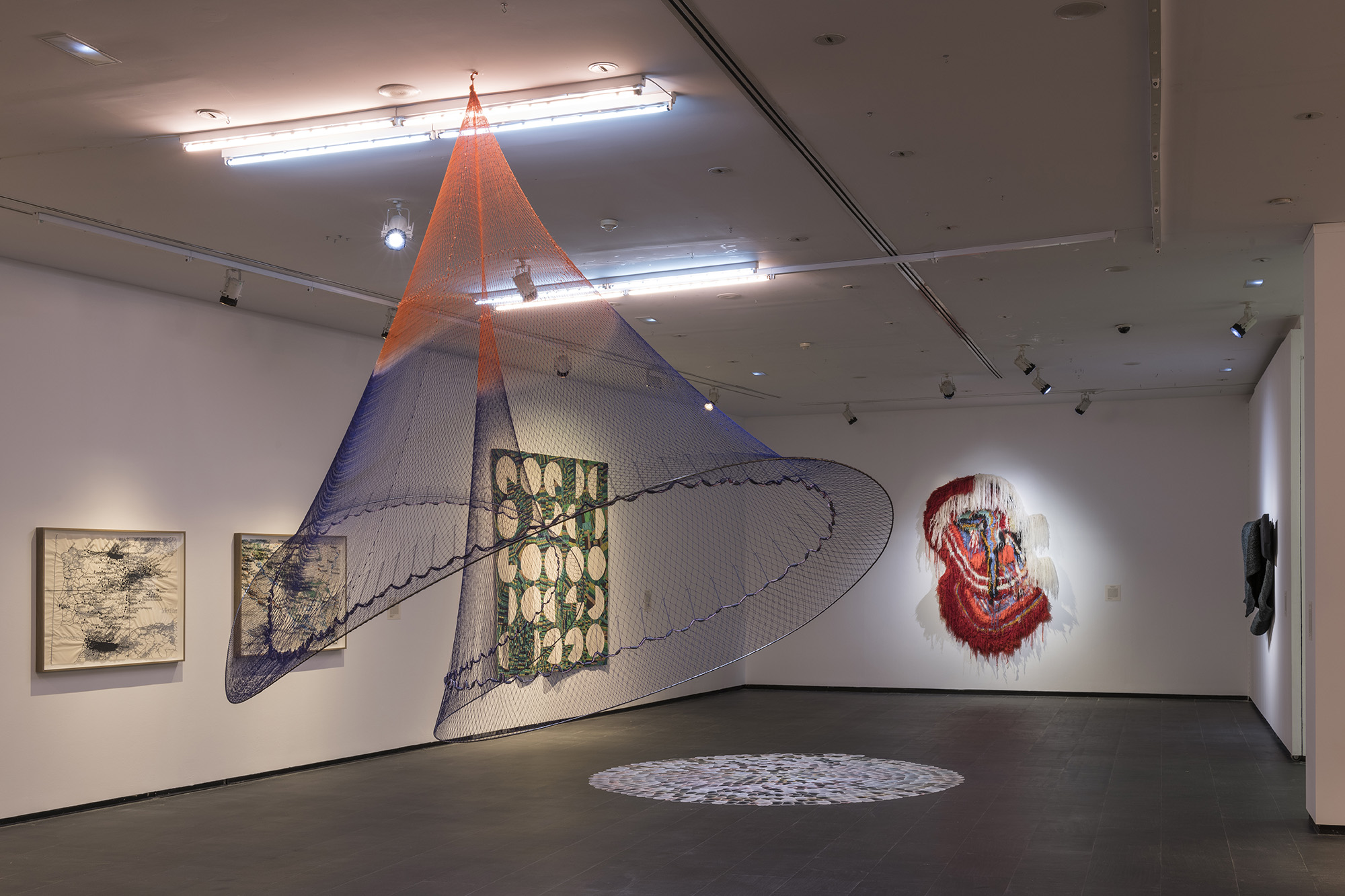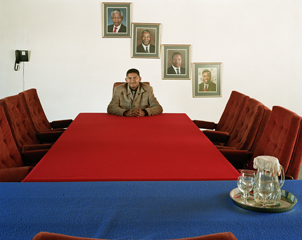
The CA2M Collection VI revolves this time around the idea of art as a means to get closer to reality, as a space to critically gaze the past to finally understand the present as well as to imagine the future. The selected artworks bring us closer to stories, wether real or not, which encourage us to reflect on these premises.
